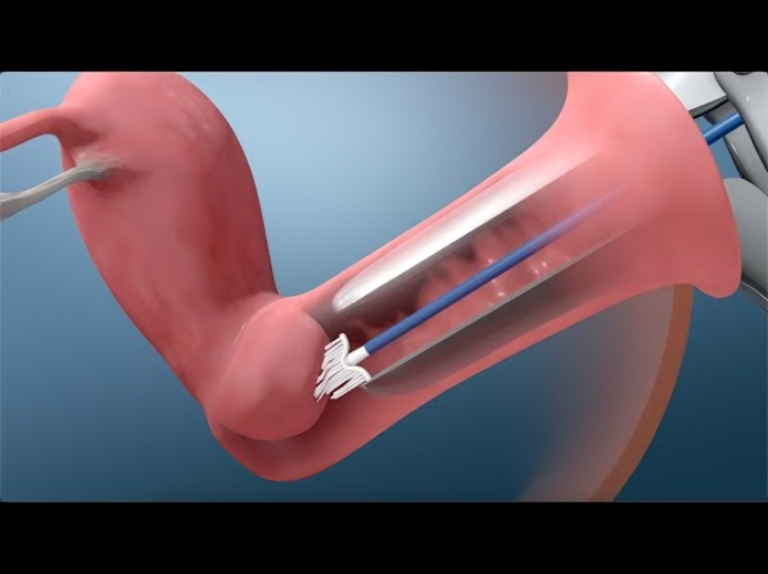Navigating the Path to Parenthood: A Comprehensive Guide to Infertility Treatment.
Infertility, the inability to conceive despite regular unprotected intercourse, affects millions of individuals and couples worldwide. The journey towards parenthood can be emotionally and physically challenging, but advancements in medical science have paved the way for various infertility treatments. This article aims to provide a comprehensive guide to understanding infertility, its causes, and the diverse range of treatments available to those seeking to build their families.
To Know More About It Please Click Here
Understanding Infertility
Infertility is a common reproductive health issue, affecting both men and women. It can be caused by various factors, including:
- Ovulation disorders: Irregular or absent ovulation in women.
- Low sperm count or quality: Issues with sperm production or function in men.
- Tubal issues: Blocked or damaged fallopian tubes hindering the egg’s journey to the uterus.
- Uterine or cervical problems: Conditions affecting the uterus or cervix, such as polyps or abnormalities.
- Age-related factors: Decline in fertility with advancing age.
Infertility Treatment Options
- Fertility medications: For women with ovulation disorders, medications like Clomiphene citrate or gonadotropins can stimulate ovulation.
- Intrauterine Insemination (IUI): This involves placing specially prepared sperm directly into the uterus during the woman’s fertile window, increasing the chances of fertilization.
- In vitro fertilization (IVF): IVF is a widely used assisted reproductive technology where eggs and sperm are combined outside the body. The resulting embryos are then transferred to the uterus. IVF is often recommended for various fertility issues, including tubal problems and male infertility.
- Intracytoplasmic Sperm Injection (ICSI): ICSI involves injecting a single sperm directly into an egg, often used in conjunction with IVF to overcome male fertility issues.
- Egg or sperm donation: In cases where one partner has reproductive issues, using donated eggs or sperm can be an effective solution.
- Surrogacy: For couples facing challenges with both male and female fertility or same-sex couples, surrogacy involves using a gestational carrier to carry the pregnancy.
- Preimplantation Genetic Testing (PGT): PGT is performed during IVF to screen embryos for genetic abnormalities before implantation.
- Lifestyle and dietary changes: Adopting a healthy lifestyle, maintaining a balanced diet, and managing stress can positively impact fertility.
The Emotional Journey
Infertility treatment is not just a physical process but also an emotional and psychological one. The stress and uncertainty can take a toll on individuals and couples. Seeking emotional support through counseling, support groups, and open communication with healthcare providers is essential to navigate the emotional challenges associated with fertility treatments.
To Know More About It Please Click Here
Conclusion
The journey through infertility and its treatments can be demanding, but the evolving landscape of reproductive medicine offers hope to many aspiring parents. With a range of treatment options available, personalized plans tailored to individual needs can increase the likelihood of successful conception. The key to a successful fertility journey lies in open communication, a supportive healthcare team, and emotional well-being, ultimately guiding individuals and couples towards their dream of parenthood.








